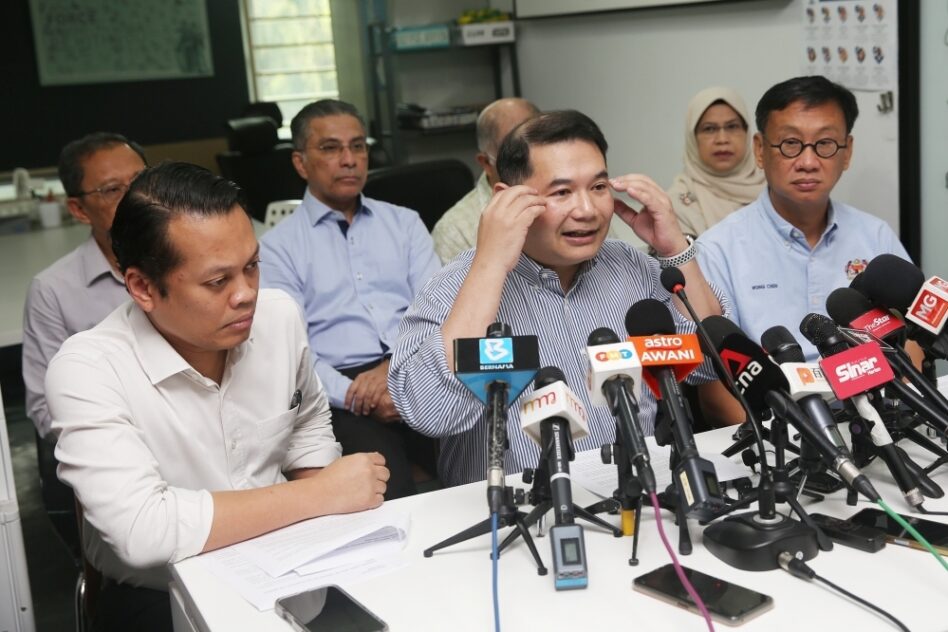A RECENT report found that two-thirds of the Malaysian workforce currently experiences burnout, with Millennials being the hardest hit generation (69%).
This is followed closely by their Gen Z colleagues at 64%, Gen X at 61% and Baby Boomers at 38%, according to the 2024 Wellness at Work Report by global employment authority Employment Hero.
This therefore begs the question: With our younger workforce struggling particularly hard with stress and burnout, how can employers and leaders help?
“Addressing stress and burnout among the younger workforce requires a multi-faceted approach tailored to the unique needs of different employee clusters,” opined Volvo Car Manufacturing Malaysia head of People Experience Roopy Dhaliwal.
“From my years of experience, I have found that personalised work options are essential. For example, working mothers/parents with young children benefit from flexible policies that support their dual responsibilities, while new talents who are still studying need options that accommodate their academic commitments.
“Similarly, older employees may require different types of flexibility to balance their professional and personal lives.”
Relieving burnout in Gen Z workforce
Roopy’s opinion was echoed by HESA Healthcare Recruitment Agency CEO and founder Ts Elman Mustafa El Bakri, who previously noted in an op-ed that supporting Gen Z employees in manoeuvring their career paths and reducing the risk of burnout involves a combination of individual strategies and organisational support.
“Providing regular feedback and recognition for their contributions can help Gen Z individuals feel valued and motivated in their roles,” he suggested.
“Consistently recognizing their achievements, acknowledging their efforts, and providing constructive feedback can bring about a sense of belonging and engagement.
“Offering opportunities for ongoing skills development and training can help Gen Z individuals build confidence, stay engaged, and remain competitive in the job market too, and this could include workshops, online courses, or certifications that expose them to different aspects of the business.”
Elman further pointed out that providing flexibility in work arrangements, such as remote work options, or flexible hours, can help Gen Z individuals better manage their work-life balance and reduce stress.
This flexibility allows them to tailor their work schedules to their personal commitments and needs, he added.
Elman, who is also on the Industrial Advisory Panel for the Department of Biomedical Engineering at Universiti Malaya, further reckoned that promoting a culture of well-being and prioritising mental health at the workplace can help reduce the risk of burnout among the younger employees.
“This could involve offering resources such as mindfulness training, or stress management workshops, as well as encouraging open communication and destigmatising discussions about mental health,” he remarked.
“Encouraging Gen Z individuals to explore different roles, projects, and career paths within the organisation can help them find fulfilment and purpose in their work, as could providing access to career counselling and mentorship programmes.
“These can help Gen Z individuals clarify their career goals, identify their strengths and interests, and make informed decisions about their professional development. Mentors can offer guidance, support, and perspective based on their own experiences.” – Aug 12, 2024
Main image: Bernama









